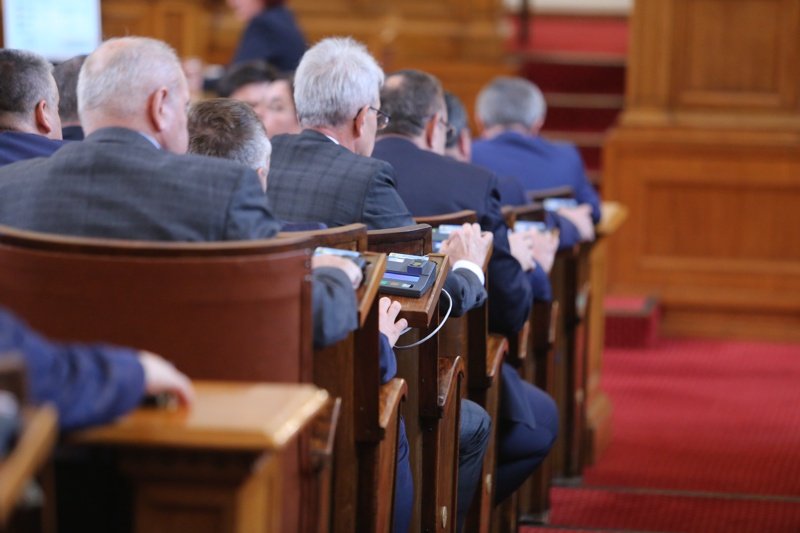The bill, which essentially outlines the transition from the state of emergency, which Parliament decreed on March 13 passed its first reading last Thursday. The purpose of the bill, besides transition, is to make it possible for most measures to control the spread of the coronavirus to pass over after the state of emergency is over. The state of emergency is due to end on May 13. The problem arises from the fact that all the antiviral measures are part of the bundle of laws under the state of emergency, all of which will cease to act after May 13.
A notable exception to this will also come from a revision of the name of the laws under the state of emergency. In order to continue specific measures, which are not directly linked to health – like certain economic and public administration measures – an extension to the name of the law was added. The new title will include, besides state of emergency, that it outlines how the country will deal with the "consequences" of its enactment. The extension will expire in two months – on July 13. The so-called 60/40 measure whereby the state covers 60% of workers’ salaries in cases where the business has been directly affected by the crisis and the workers would be laid off, will continue until June 13.
In order to make it easier for the executive branch to decree temporary rules regarding free movement, border control, social distancing and the like, legislators presented a key change to the Healthcare Act. The concept of ‘state of epidemic emergency’, which is new to Bulgarian law, was introduced in the bill of amendments to be voted on Tuesday, May 12.
In its first draft, passed on first reading, the Health Minister would be able to declare a ‘state of epidemic emergency’. This would enable him to issue orders like the ones he has been putting out since the state of emergency began – decreeing temporary rules with regard to containing the spread of an epidemic. At this point the bill did not provide a definition of ‘state of epidemic emergency’ nor a set of conditions, which decreeing such a state should be met beforehand.
The second reading of the bill was held yesterday in Parliament. The bill had gone through a significant revision regarding this part of the legislation. The option itself remains, except not the Health Minister but the Council of Ministers will be the body to make the decision, which can be initiated on the formal recommendation by the minister. If such a state is decreed, the Minister of Health could issue orders to deal with controlling the epidemic, reason for the emergency.
One of the points of concern is that the Council of Ministers may decree a ‘state of epidemic emergency’ indefinitely: the bill does not oblige the executive to define a timeframe for the state of exception to act.
Violations of the minister’s orders will be fined between 300 and 1000 leva for first offence and 1000 to 2000 for subsequent violations. The fine for breaking mandatory quarantine will be fixed at 5000 leva.
The revised bill also outlines indicators that such a state is in order. First, to decree a ‘state of epidemic emergency’ there needs to be an immediate threat to the life and health of citizens. The legislatures have gone further to offer eight criteria for such a threat. The opposition slammed them as being ‘too vague’ and thus opening the door for abuse of power. The opposition will call for the criteria to be omitted from the final version.
Ключови думи
За честна и независима журналистика
Ще се радваме, ако ни подкрепите, за да може и занапред да разчитате на независима, професионална и честна информационно - аналитична медия.
 0 коментара
0 коментара
Екипът на Mediapool Ви уведомява, че администраторите на форума ще премахват всички мнения, съдържащи нецензурни квалификации, обиди на расова, етническа или верска основа.
Редакцията не носи отговорност за мненията, качени в Mediapool.bg от потребителите.
Коментирането под статии изисква потребителят да спазва правилата за участие във форумите на Mediapool.bg
Прочетете нашите правила за участие във форумите.
За да коментирате, трябва да влезете в профила си. Ако нямате профил, можете да се регистрирате.




